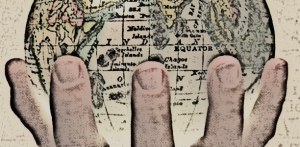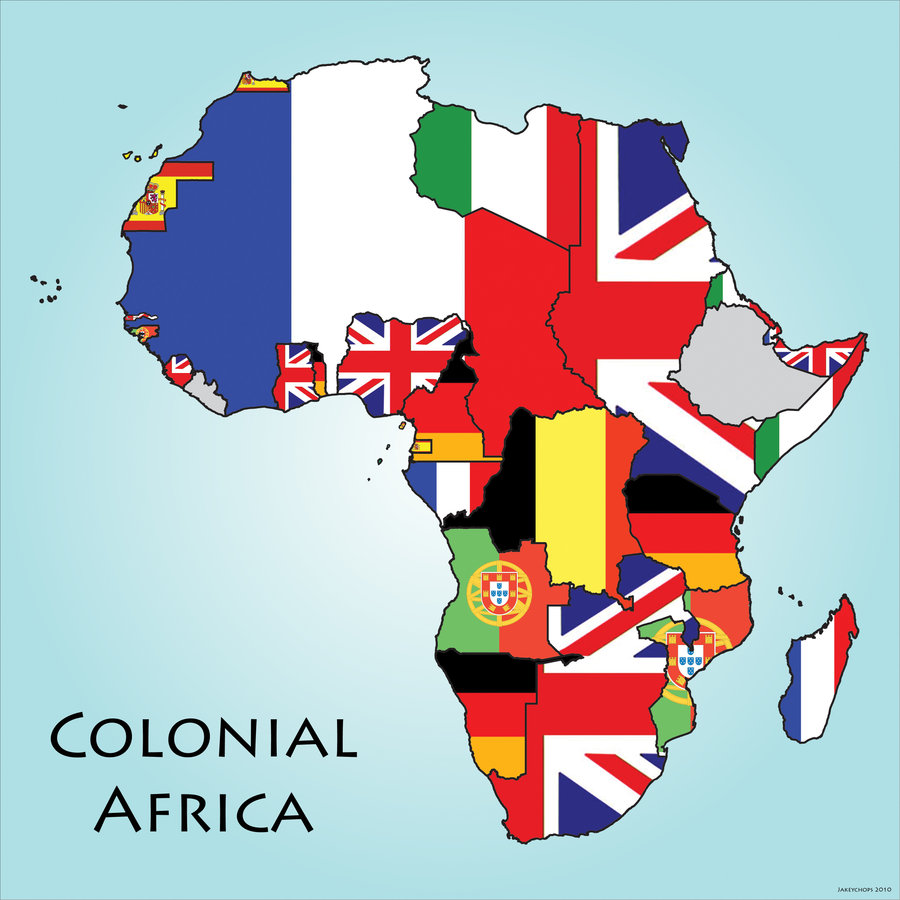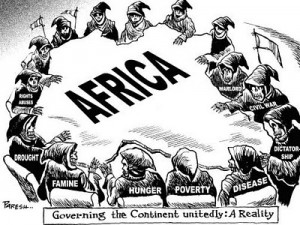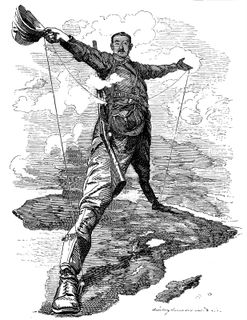
What do Algeria, the United States, Canada, Haiti, South Africa, Brazil and almost any country you can think of have in common? All of these nations were at one point places of colonial rule by foreign powers. More specifically, Algeria and the United States were both controlled at one time by European countries. And in fact, both were colonized by the French at certain points, though, the United States would later be unanimously controlled by Great Britain.
As in colonization of any area, the country of power who comes in and encroaches upon a land in some way. Imperialism is no coincidence, and is a vicious, unfair vehicle for the controlling nation to extract some kind of resource tactical or material out of occupying a land.
In the case of Algeria, the French sought out to establish a tactical foothold, as well as a colony for entrepreneurs to exploit. Here in America, when the French were here, they established fur trading posts in Detroit and established a major port in New Orleans. In New England there was much timber trade by the British. And in the South Tobacco was a big cash crop for Great Britain.
In Both America and Algeria, the economies were propped up by the use of slavery. Although the difference here, is that the French enslaved the Algerians, while the British transplanted people from East Africa and brought them to an unfamiliar land. Both are gross travesties. And, even after their abolitions, created major dividing lines, between whites and native, darker skinned people. The outsiders, as in all imperialist situations, were seen as the people in the right, in charge, to be looked up to. After all, they inflicted violence upon the natives if they didn’t.
In the first half of the 1800s there were many pirate attacks on European shifts along the Mediterranean. Much of North Africa offered safe havens for these pirates.
The land which now constitutes Algeria was a part of the Ottoman Empire in the 1830s. The United States were also controlled by other countries before the English established the thirteen colonies, such as, the French, the Spanish and the Dutch.
In France, Napoleon had been out of power for some time, the Bourbon Restoration was going on. It was a time of conservatism and in general, the nation needed to prove it was strong again.
France’s ruler of the time, Charles X, used a petty disagreement between a French consul and an Ottoman leader, as a springboard to invade Algeria. And so they did. In what was supposed to be a civilized overtaking, women were raped, goods were stolen, people were arrested for arbitrary reasons, and people were killed for no good reason.
The French installed many of their own rulers. Over their occupation, the French changed power multiple times. For a brief period, Algeria was actually considered part of the nation of France. They moved in many citizens, some who were entrepreneurs looking to buy land, and some who were peasants and sought to live cheaper and start anew in Algeria.
Much like America, beyond perhaps a few figurehead local leaders, Algerians had no representation, and were being mistreated by French authorities. AND much like in America, as when the British controlled and when the United States won its independence, genocide occurred. Many Berbers in Algeria were killed in order to deal with insurrection or unwillingness to move out of land, much like the United States killed off many Indians.
Abd al Qadir emerged as a fighter of the people, and sought to create an independent Algerian state. He fought a Guerilla war, much like we fought in some of the mountains and valleys of New England, and the Indians fought against our forces.
He established a government in the areas not yet occupied by the French. It provided military resources, collected taxes and had a focus on education. But in 1836, after a defeat to French forces, they allowed him to have territory they referred to as the Moslem State. Yet, three years later, they attacked and overtook territory that was supposed to belong to al Qadir’s state.
Fighting ensued back and forth until 1843. At this time the French had one third of its whole army stationed in Algeria.
Algeria would not gain independence from France until 1962. The United States can at least say that we’ve had a few centuries of independence. This enabled us to figure out what works and doesn’t work, it allowed us to fight for human rights for different minority groups (something that is still going on), and it enabled us time and infrastructure to take advantage of multiple periods of progress, development and modernization.
While Algeria is now independent, they still are not as stable as the United States. For a country to have only been independent for less than a hundred years, they have not had ample time to work out domestic issues and develop all of its potential socially and economically. They are still beholden to some foreign influence, and are considered a developing nation. Perhaps, had the French not been so ruthless in their control of Algeria, or never invaded, who knows how different things could have been.
Though it is important to note that there was never a nationalist move to make Algeria a nation of its own until French control. While the French killed many people and acted in no part in the interests of the Algerian people, in a way, their colonization, helped the Algerians come together and helped solidify their cultural identity.
sources:
http://www.sjsu.edu/faculty/watkins/algeria.htm
http://www.cairn.info/zen.php?ID_ARTICLE=CEA_195_0805
http://berkleycenter.georgetown.edu/essays/algeria-colonization-and-independence


















